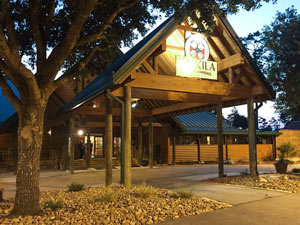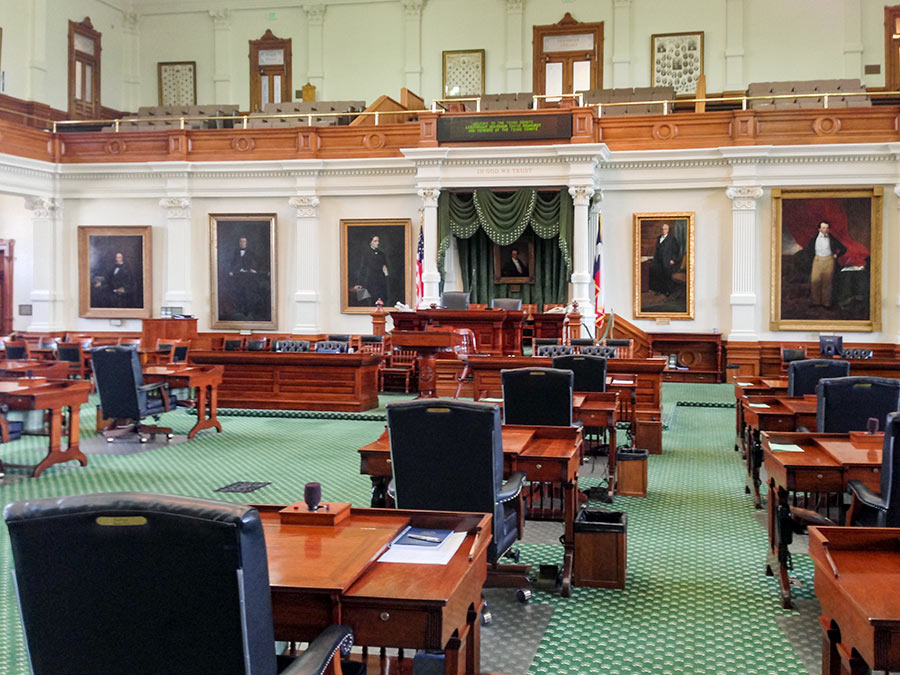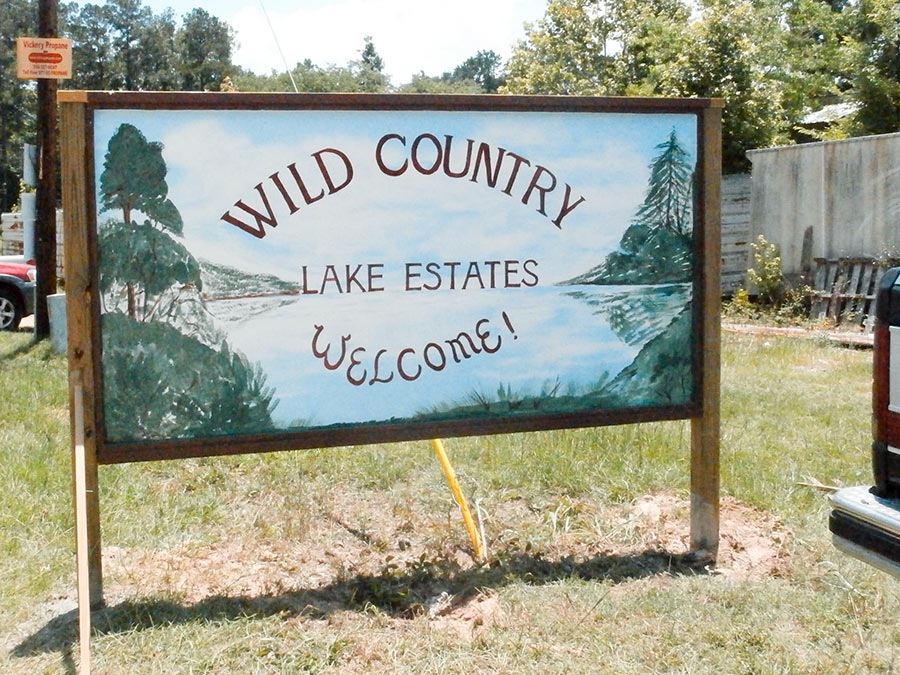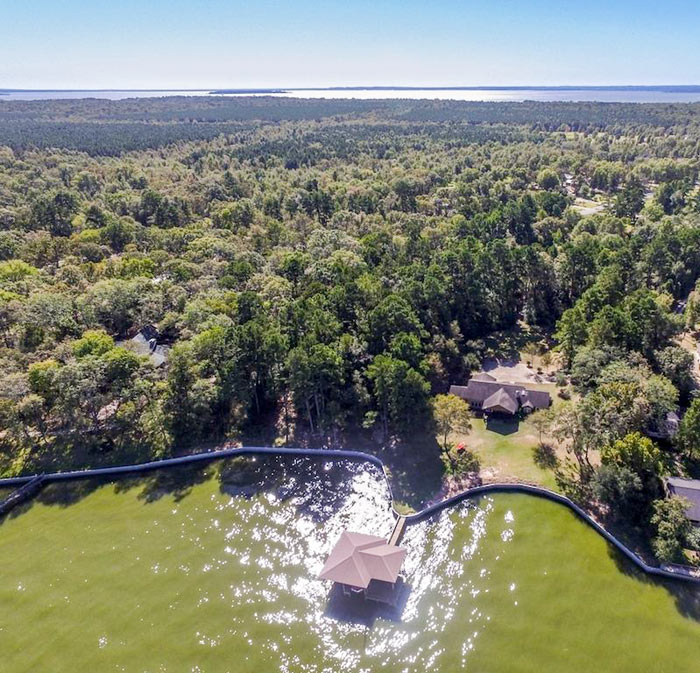A TOUR OF THE ALABAMA-COUSHATTA’S LIVINGSTON GAMBLING TANGLES  Adam Doster pens an update on the fate of the Alabama-Coushatta Tribe of Texas’s 24-hour Naskila Gaming gambling center a few miles east of Livingston: The tribe, which reopened the rebranded gambling space in June after its 2002 closure by the state, is currently awaiting a trial date related to its array of not-quite-slot-machines. Texas attorney general Ken Paxton filed a federal motion in August to shut the machines down, citing the language of a 1987 act that law gave federal tribal recognition back to the Alabama-Coushatta (a status originally lost in 1954 as part of the broader mid-century federal status termination push). That 1987 law subjected both the Alabama-Coushatta and the Tigua Pueblo to Texas’s gambling restrictions, though the Indian Gaming Regulatory Act passed the following year, allowing certain types of gambling on reservation land with no state approval required. Both tribe’s first attempts to open gaming centers after that were shut down in 2002; the Kickapoo tribe’s  Lucky Eagle Casino Hotel has been open in Eagle Pass since 1996, however, and the Tigua Pueblo have opened some new “entertainment centers” that have also come under recent scrutiny from Paxton’s office. [Houstonia] Photo of Naskila Gaming: Jim O.
Adam Doster pens an update on the fate of the Alabama-Coushatta Tribe of Texas’s 24-hour Naskila Gaming gambling center a few miles east of Livingston: The tribe, which reopened the rebranded gambling space in June after its 2002 closure by the state, is currently awaiting a trial date related to its array of not-quite-slot-machines. Texas attorney general Ken Paxton filed a federal motion in August to shut the machines down, citing the language of a 1987 act that law gave federal tribal recognition back to the Alabama-Coushatta (a status originally lost in 1954 as part of the broader mid-century federal status termination push). That 1987 law subjected both the Alabama-Coushatta and the Tigua Pueblo to Texas’s gambling restrictions, though the Indian Gaming Regulatory Act passed the following year, allowing certain types of gambling on reservation land with no state approval required. Both tribe’s first attempts to open gaming centers after that were shut down in 2002; the Kickapoo tribe’s  Lucky Eagle Casino Hotel has been open in Eagle Pass since 1996, however, and the Tigua Pueblo have opened some new “entertainment centers” that have also come under recent scrutiny from Paxton’s office. [Houstonia] Photo of Naskila Gaming: Jim O.





apparently Paxton & crew are not big fans of property rights
Leave these indians alone. Sam Houston had a pact with these people and that pact did not include perpetual poverty. The indians could have sided with Santa Ana instead of Houston and if so we might still be a province of Mexico. If they want to have a casino on their reservation let them have it.
Let’s just make this whole thing easier and allow gambling in Texas. It makes no sense that we continue to fill Louisiana and Oklahoma coffers with Texas gambling dollars. Call it the Galveston Revitalization Act of 2017.
Lhd: Why does lack of gambling have to equal perpetual poverty? Why doesn’t that same truism effect anyone else? People living on reservations are just as american as you or I or the person who just got his citizenship.
.
We’re all Americans. They can just trace their linage back further.